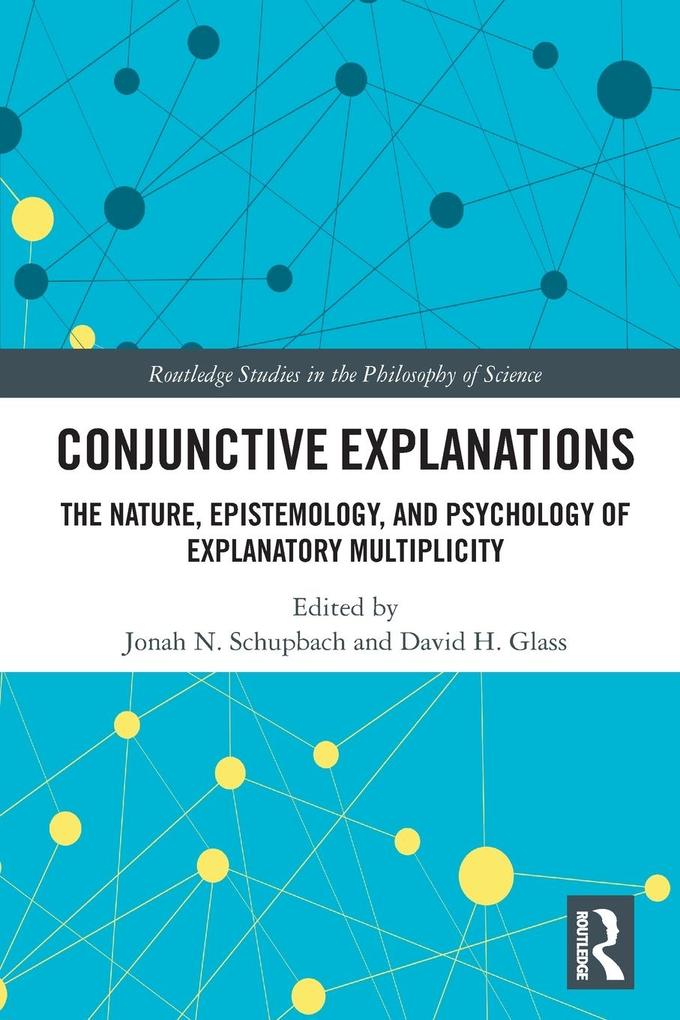
Zustellung: Sa, 05.07. - Do, 10.07.
Versand in 2 Wochen
VersandkostenfreiBestellen & in Filiale abholen:
Philosophers and psychologists are increasingly investigating the conditions under which multiple explanations are better in conjunction than they are individually. This book brings together leading scholars to provide an interdisciplinary and unified discussion of such "conjunctive explanations."
Inhaltsverzeichnis
Introduction Jonah N. Schupbach and David H. Glass Part 1: The Nature of Conjunctive Explanations 1. The Intricate Conjunction, Coexistence, Competition and Cooperation between Functional and Mechanistic Explanations Frank C. Keil 2. Multiple Patterns, Multiple Explanations Steve Petersen 3. Individual and Structural Explanation in Scientific and Folk Economics Samuel G. B. Johnson and Michiru Nagatsu Part 2: Reasoning about Conjunctive Explanations 4. The Role of Explanation in Epistemic Evaluation: Comparative vs. Non-Comparative Tomoji Shogenji 5. Conjunctive Explanations: A Coherentist Appraisal Stephan Hartmann and Borut Trpin 6. Conjunctive Explanation: Is the Explanatory Gain Worth the Cost? David H. Glass and Jonah N. Schupbach 7. On the Mutual Exclusivity of Competing Hypotheses Leah Henderson Part 3: The Psychology of Conjunctive Explanations 8. Best Explanations, Natural Concepts, and Optimal Design Igor Douven 9. Scientific and Religious Explanations, Together and Apart Telli Davoodi and Tania Lombrozo 10. When Competing Explanations Converge: Coronavirus as a Case Study for Why Scientific Explanations Coexist with Folk Explanations Andrew Shtulman
Produktdetails
Erscheinungsdatum
08. Oktober 2024
Sprache
englisch
Seitenanzahl
278
Herausgegeben von
David H Glass, Jonah N Schupbach
Verlag/Hersteller
Produktart
kartoniert
Gewicht
386 g
Größe (L/B/H)
229/152/15 mm
ISBN
9781032026305
Entdecken Sie mehr
Bewertungen
0 Bewertungen
Es wurden noch keine Bewertungen abgegeben. Schreiben Sie die erste Bewertung zu "Conjunctive Explanations" und helfen Sie damit anderen bei der Kaufentscheidung.










